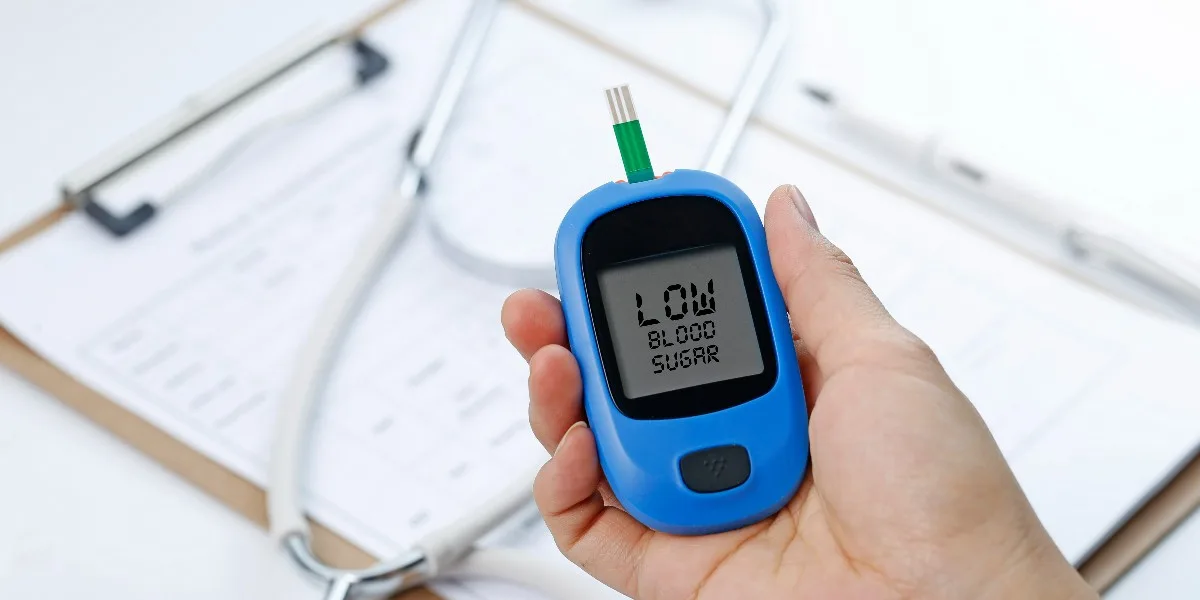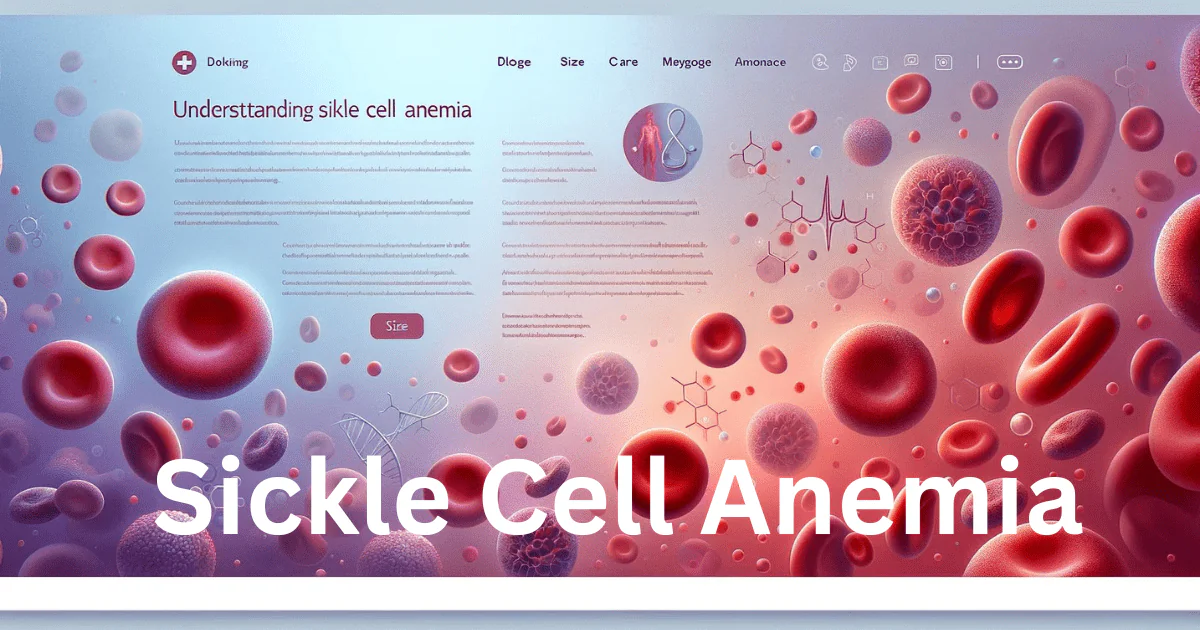Type 1 diabetes is a chronic condition that affects people of all ages. It is characterized by the body’s inability to produce insulin or produce very little insulin. Insulin is a hormone that helps regulate blood sugar levels and allows glucose to enter the cells for energy. Without insulin, blood sugar levels rise, leading to various symptoms and complications. In this comprehensive guide, we will explore the causes, symptoms, diagnosis, treatment, and management of type 1 diabetes.
What Is Type 1 Diabetes?
Type 1 diabetes, also known as insulin-dependent or juvenile diabetes, is an autoimmune disease in which the immune system mistakenly attacks the beta cells in the pancreas. These beta cells are responsible for producing insulin. As a result, individuals with type 1 diabetes have little to no insulin production. Type 1 diabetes can develop at any age, although it is most commonly diagnosed in children and young adults.
Symptoms of Type 1 Diabetes
The symptoms of type 1 diabetes can develop over a few weeks or months. They can be severe and may include extreme thirst, increased hunger, frequent urination, unexplained weight loss, fatigue, blurry vision, and frequent infections. In some cases, individuals with type 1 diabetes may experience diabetic ketoacidosis (DKA), a life-threatening condition characterized by high blood sugar levels, ketone production, and dehydration.
Causes and Risk Factors
The exact cause of type 1 diabetes is unknown, but it is believed to be an autoimmune reaction in which the body’s immune system mistakenly attacks the beta cells in the pancreas. Genetic factors play a role in the development of type 1 diabetes, but environmental triggers, such as viral infections, may also contribute to the onset of the disease. Having a family history of type 1 diabetes and certain genetic markers can increase the risk of developing the condition.
Diagnosis of Type 1 Diabetes
To diagnose type 1 diabetes, healthcare providers typically perform blood tests to measure blood sugar levels and check for the presence of autoantibodies, which are markers of an autoimmune response. Additionally, urine tests may be conducted to detect the presence of ketones. These diagnostic tests help differentiate type 1 diabetes from other forms of diabetes, such as type 2 diabetes.
Treatment of Type 1 Diabetes
The primary treatment for type 1 diabetes is insulin therapy. Insulin is injected subcutaneously or delivered through an insulin pump to replace the insulin that the body cannot produce. There are different types of insulin available, including rapid-acting, short-acting, intermediate-acting, and long-acting insulin. The type and dosage of insulin prescribed depend on individual needs and blood sugar management goals.
Lifestyle Changes and Management
Living with type 1 diabetes requires making certain lifestyle changes to effectively manage blood sugar levels. This includes adopting a healthy diet that focuses on balanced meals, monitoring carbohydrate intake, and practicing portion control. Regular physical activity is also essential for managing blood sugar levels and maintaining overall health. Additionally, individuals with type 1 diabetes should monitor their blood sugar levels regularly, engage in self-care practices, and attend regular check-ups with healthcare providers.
Read also : Beat High Blood Pressure with These Superfoods
Complications of Type 1 Diabetes
If left uncontrolled, type 1 diabetes can lead to various complications. Cardiovascular disease, nerve damage, kidney damage, and eye problems are among the potential complications of the condition. Managing blood sugar levels, controlling blood pressure and cholesterol, maintaining a healthy lifestyle, and seeking regular medical care can help prevent or delay the onset of these complications.
Support and Education for Type 1 Diabetes
Living with type 1 diabetes can be challenging, but there are resources available to provide support and education. Diabetes self-management education programs can help individuals learn how to effectively manage their condition, make healthy lifestyle choices, and cope with the emotional aspects of living with diabetes. Support from healthcare professionals, diabetes educators, and peer groups can also play a crucial role in managing type 1 diabetes.
Research and Advances in Type 1 Diabetes
Ongoing research and advancements in the field of type 1 diabetes aim to improve treatment options and find a cure. Scientists are exploring various approaches, including immunotherapy, beta cell transplantation, and the development of an artificial pancreas. Clinical trials and studies are ongoing to evaluate the safety and efficacy of these interventions.
Conclusion
Type 1 diabetes is a chronic condition that requires lifelong management. With proper treatment, blood sugar monitoring, and lifestyle modifications, individuals with type 1 diabetes can lead healthy and fulfilling lives. It is important to work closely with healthcare providers, adhere to treatment plans, and stay informed about the latest developments in diabetes management. By taking control of their condition, individuals with type 1 diabetes can minimize complications and optimize their overall well-being.
Reference :
1.https://diabetes.org/about-diabetes/type-1
2.https://www.cdc.gov/diabetes/basics/what-is-type-1-diabetes.html
3.https://www.webmd.com/diabetes/type-1-diabetes
Photo by FotoshopTofs on Pixabay











